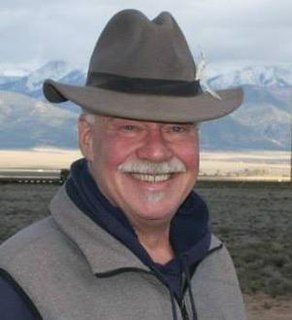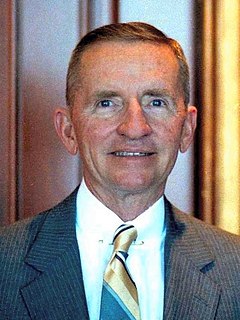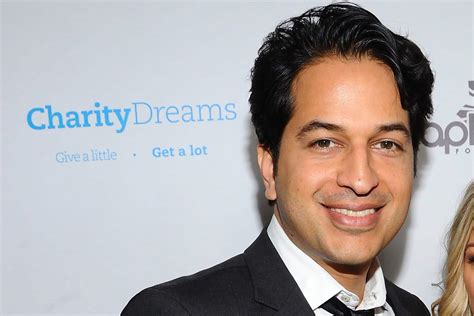A Quote by Amory Lovins
Many business leaders are asking fundamental questions about what business they're in, why they are doing it and how it can be used as a means of healing human and natural communities.
Related Quotes
Some people would argue the other side: that the business of business is business, and companies should only be focused on profits. But in today's world, I don't think corporations can only be focused on profits, because they are inextricably linked with the communities that they serve. I do not believe you can be a leader in your industry without being a leader in your community. It's a fundamental shift in how you think about business.
Aristotle turns out to be an extremely practical guide for those asking such personally profound questions, like: What should I do next to find meaning and fulfillment in the next stage of my life?. He offers timeless advice to business people who want to be successful both at work and in their private lives. For example, he shows how business leaders can create successful organizations and, at the same time, behave ethically. Come to think of it, the CEO of Wal-Mart should study Aristotle!
Our message to leaders from every continent was simple: California has succeeded on climate and clean energy because we've emphasized local, human values and built a coalition that includes community and environmental leaders, working families, and communities of color - as well as unions and progressive business.
My advice to young people in the wrestling business would be to repeat such questions to yourself as: "How am I standing out? How am I getting recognized? How am I getting over?" And if you don't have definitive answers for doing those things, you are doing it wrong. It is, essentially, on them. There is no right way to do it, and that's one of the great things about this business because you can be creative. People who say they have it figured out are wrong.
I assumed a business like a film studio would behave like a business and still want to protect its own interests, still do the best it could to get as many people paying for as many of their movies as possible. I realized this is not actually a business about business: it's a business of egos and dominance.
The love of money is the root of all evil. That is the fundamental truth that I have verified through 3 decades of empirical, investigative, legal, academic research trying to answer some fundamental questions about human existence and why we behave the way we do, why we think the way we do, why we act the way we do...It is the love of money that has the potential to exterminate- to render extinct- the entire human race.
If America is to compete effectively in world markets, its corporate leaders must strategically position their companies in the right businesses, and then manage their workforces in the right ways. However, the nation has a shortage of business leaders who understand the importance of utilizing human capital to gain competitive advantage, let alone the know-how to do so. In the future, that shortcoming promises to be exacerbated because few business schools today teach aspiring executives how to create the kind of high-involvement organizations.




































